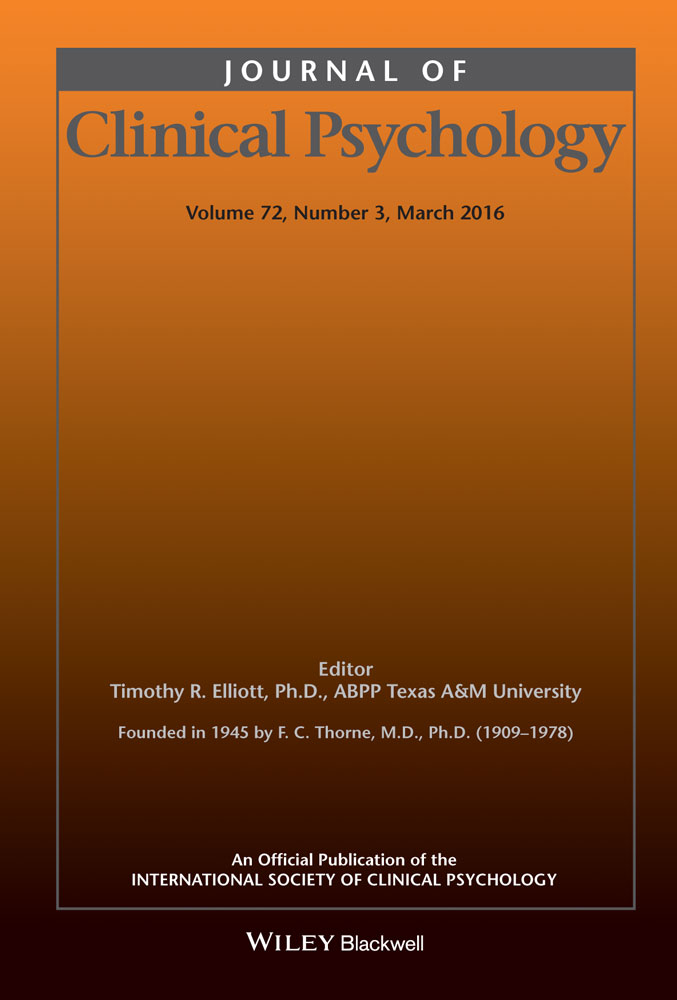Web-Based Self-Help for Preventing Mental Health Problems in Universities: Comparing Acceptance and Commitment Training to Mental Health Education
This research was supported by a grant from the University of Nevada Reno, Graduate Student Association awarded to Drs. Levin and Hayes.
This research was conducted with a program developed by a commercial business, Contextual Change LLC, of which the first author is an associate and the second and third authors are owners. The results of this research may inform and be used for future commercial products.
Abstract
Objective
This study sought to test the feasibility of a web-based Acceptance and Commitment Training (ACT) prototype prevention program called ACT on College Life (ACT-CL).
Method
A sample of 234 university students was randomized to either the ACT-CL website or a mental health education (MHE) website.
Results
Findings indicated a lower level of user engagement and satisfaction ratings with the prototype of ACT-CL than the MHE website. There were no significant differences between conditions on outcome measures at post or follow-up. However, statistical trends suggested the MHE condition actually led to greater remission of severe symptoms than the ACT-CL condition among those with severe symptoms at baseline. There were no differences between conditions on ACT process of change measures. Changes in psychological flexibility were predictive of changes in mental health across conditions, but relations dissipated over time. Furthermore, greater engagement in some components of ACT-CL predicted improvements in psychological flexibility, though not on mental health outcomes.
Conclusions
The effects of the ACT-CL program on mental health outcomes and ACT process measures were largely equivalent to those of an education website, although there was a lower level of program engagement with ACT-CL. Findings are discussed in the context of feasibility issues and lessons learned for program revisions.




